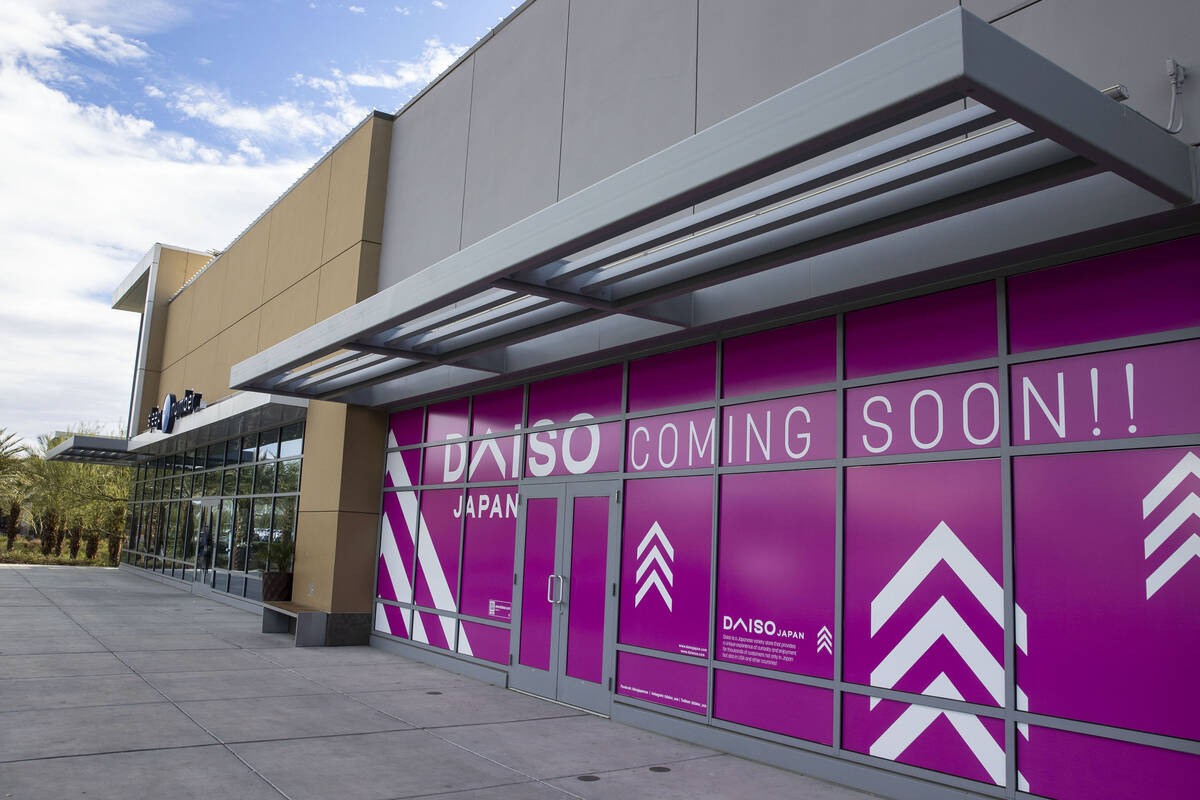Traffic in Las Vegas casinos is picking up again, but it’s not just being driven by young travelers with a lot of catching up to do.
Casino operators say customers are coming back for ages 65 and over, spurred on by the growing availability of COVID-19 vaccines across the country.
“As more and more of the older end of the consumer spectrum get vaccines and feel more comfortable leaving their homes … that certainly means they’ll start stepping out and going back to their favorite casinos,” said gaming advisor Josh Swissman of The Strategy Organization.
‘Begins to infiltrate again’
Bob Bransdon, a 68-year-old Las Vegas local, said he went to casinos with his wife about once a week. Then came the standstill.
The two spent months out of the casinos while they were closed and continued to avoid properties out of caution after it reopened in June. They weren’t alone: the pandemic had resulted in a sharp drop in casino visits from the age group of 65 and over, who are more prone to serious illnesses related to COVID-19.
That could turn around. Bransdon, who revisited casinos in August, said he had noticed an increase in the age 65+, especially in the afternoons. He said the numbers are no longer what they were before the pandemic, but there is “no shortage of people there”.
Some casino operators have also noticed the upward trend. Several executives discussed the trend over the past few weeks during the final round of casino company profit calls.
“We’re starting to see that part of the database that is 65 and older, if you will, back in,” said Blake Sartini, chairman and CEO of Golden Entertainment, on a call on March 11th. “We see this as a great catalyst for the future.”
The heads of other Las Vegas casino operators – including Red Rock Resorts Inc., Boyd Gaming Corp. and Penn National Gaming Inc. – also said they are noticing this age group is recovering.
“I think until recently the population over 65 was quite shy about going back to the property,” said Frank Fertitta III, CEO of Red Rock Resorts, during a call with investors in February. “With the vaccine further ramped up and rolled out, we are cautiously optimistic that the population over 65 will slowly return to our facility.”
One of the main driving forces behind the return of this population has been the introduction of vaccinations. According to the Centers for Disease Control and Prevention, 22.4 percent of American adults were fully vaccinated by Friday. Many of these vaccinations were given for older age groups, with 53.5 percent of Americans 65 and over being fully vaccinated.
Jo Ann Woodward, 72, hasn’t received a vaccine yet, but that hasn’t stopped the Phoenix resident from making her regular Las Vegas trips.
Woodward made two solo trips to Las Vegas during the pandemic and plans to return in April. By then, she’s hoping to be vaccinated – she’s waiting for a Johnson & Johnson shot so she can get a “one-time” shot – and she expects more friends to be willing to join her once all of the vaccinations have been given guns.
“They think that now that they have the vaccine they are immune (to the virus) and can go where they want,” she said. “I’ll probably have more people wanting to go with me when I’m vaccinated.”
According to Stifel analyst Steve Wieczynski, greater confidence in venturing outside the home, coupled with a need to catch up, is good news for casinos.
“We expect the population (55 and older) to have a lot of catching up to do as the vaccinations begin and the country is slowly returning to normal,” he said in a February 25 statement.
Spokesman for two of the six largest casino operators in Las Vegas – Wynn Resorts Ltd. and Las Vegas Sands Corp. – did not respond to requests for comments. Spokespersons for Boyd, MGM Resorts International and Caesars Entertainment Inc. declined to comment, and a Red Rock spokesperson cited comments from executives during recent phone calls.
A lucrative customer
The fact that every age group is returning to Las Vegas is “huge,” said gaming consultant Debi Nutton, but the 65 and over population can be particularly lucrative.
“Your kids are going to college; You have established yourself in your career, ”she said of the age group. “You have more disposable income.”
According to a 2019 report by the Las Vegas Convention and Visitors Authority, baby boomers spent more than millennials on almost every category, including food and drink, transportation, shopping, and sightseeing. They also spent a lot more on gambling, budgeting an average of $ 838.20 per trip, compared to the Millennials’ $ 350.47.
“They speak of a large part of the (casino) customer base,” said Clyde Barrow, a gaming industry expert and professor at the University of Texas’ Rio Grande Valley. “Safe for the core (gambling customer), the table games and the slot machines. Maybe not so much for the clubs and the concerts, the pool parties and so on. “
These spending habits should continue into 2021. Red Rock Resorts management said they believe older customers have ample free spending after months of lockdown and limited entertainment options.
“They seem to be in pretty good shape financially because they just haven’t spent their money. There is a lot of disposable income there, ”said Lorenzo Fertitta, vice chairman of Red Rock, during the company’s conference call. “You really want to come back.”
That crowd could also help solve one of the biggest challenges Las Vegas resorts have faced since the pandemic began: filling up rooms during the week.
Weekly occupancy is not expected to return to pre-pandemic levels – conventions will likely have to make a full comeback before that can happen – but UNLV Assistant Professor of Hospitality Amanda Belarmino said on what concerns weekday leisure travel , older customers run the package.
Her return is “very significant to Las Vegas,” she said. “You are retired. You have the flexibility to travel during the week. “
Convergence of young and old
Virginia Valentine, president of the Nevada Resort Association, said the state’s resorts are “excited” to welcome more guests when the vaccines are introduced and people are more comfortable traveling.
“These guests 65 and over had earlier access to the vaccine and we would expect their return as they are more comfortable getting out and about and doing activities they enjoy,” she said. “Our members appreciate this customer segment and are happy to have them again.”
Boyd Gaming, which has begun to regain its older regular customers, expects the trend to expand in the second and third quarters, according to a March 11 release from JP Morgan, following discussions with Boyd CEO Keith Smith and CFO Josh Hirsberg based.
The challenge for operators is figuring out how to attract older players while keeping their newer, younger players interested in a return. That’s easier said than done, especially as other entertainment venues like clubs and shows are reopening and battling for young people’s attention.
“Most operators believe that younger customers may be fleeting when opening events, cinemas and restaurants,” said Macquarie analyst Chad Beynon.
But online offerings could help gambling companies gain the loyalty of these newer, younger customers even as other entertainment venues open their doors, Beynon said.
“Given the convergence of land and digital – with online and land-based (betting) – these customers may appreciate that a little more,” he said. “You spend money on online wagering on a sports game, but then you may go to the property that is attached to that asset.”
The review journal is owned by the family of Sheldon Adelson, the late CEO and chairman of Las Vegas Sands Corp.
Contact Bailey Schulz at bschulz@reviewjournal.com. Follow @bailey_schulz on Twitter.













